Home>Gardening & Outdoor>Landscaping Ideas>How Long For Grass Clippings To Compost
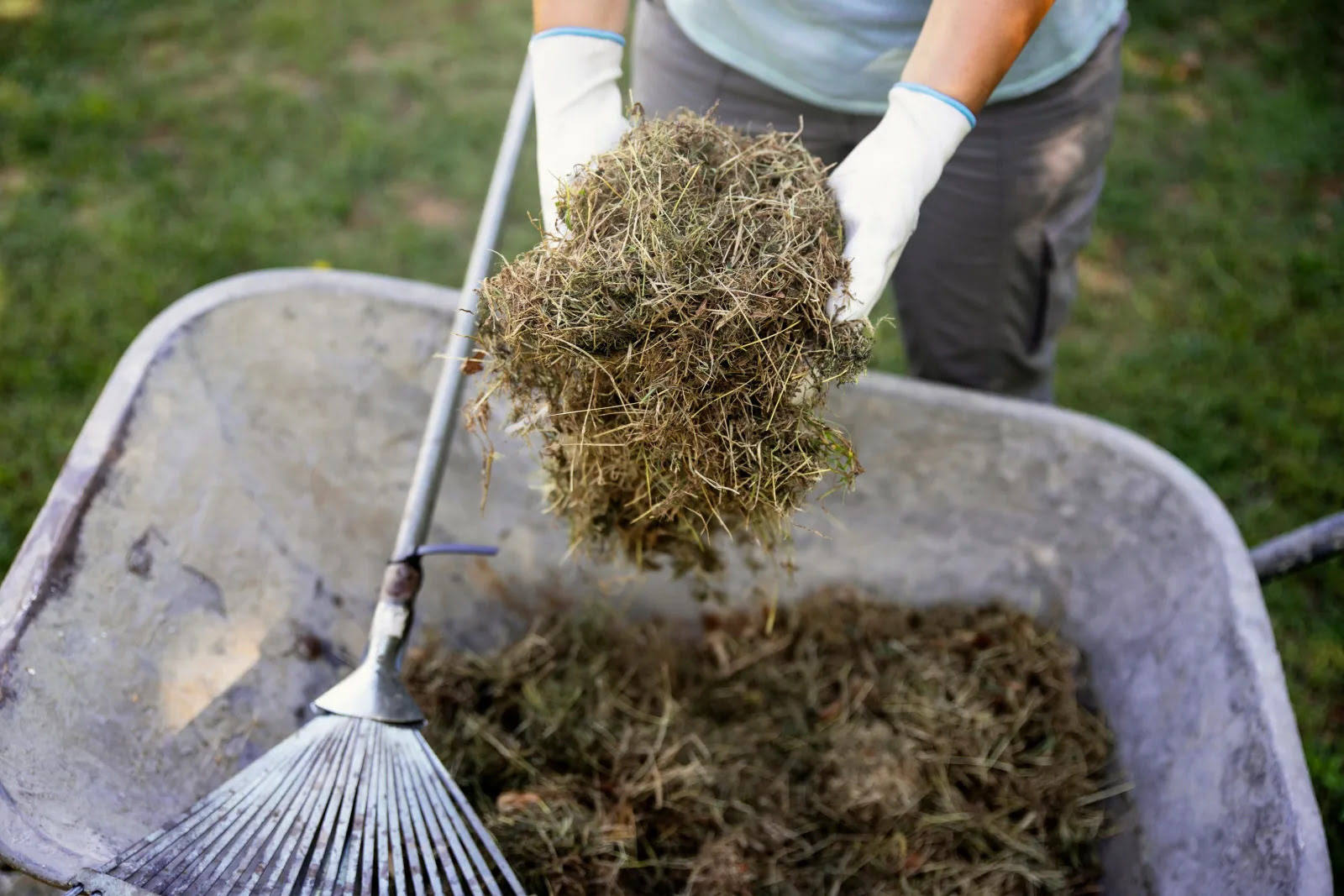

Landscaping Ideas
How Long For Grass Clippings To Compost
Modified: January 28, 2024
Learn how to compost grass clippings for your landscaping ideas. Discover the ideal time it takes for grass clippings to compost and enrich your soil.
(Many of the links in this article redirect to a specific reviewed product. Your purchase of these products through affiliate links helps to generate commission for Storables.com, at no extra cost. Learn more)
**
Introduction
**
Composting grass clippings is a sustainable and eco-friendly practice that offers numerous benefits for both your garden and the environment. When grass clippings are left to decompose naturally, they can enrich the soil with essential nutrients, reduce the need for chemical fertilizers, and help retain moisture, fostering a healthier and more vibrant lawn. However, the time it takes for grass clippings to fully compost can vary based on several factors, including environmental conditions, composting techniques, and the size of the clippings.
In this article, we will explore the process of composting grass clippings and delve into the various factors that can influence the composting timeline. Additionally, we will discuss the ideal conditions for expediting the composting process and offer practical techniques to accelerate the decomposition of grass clippings. By gaining a deeper understanding of these aspects, you can effectively harness the power of composting to nurture your garden and contribute to a more sustainable ecosystem.
**
Key Takeaways:
- Composting grass clippings enriches soil, suppresses weeds, and reduces watering needs. Factors like size, moisture, and aeration affect composting time.
- Techniques like regular turning, particle size reduction, and balanced layering can speed up the composting process for grass clippings.
Benefits of Composting Grass Clippings
**
Composting grass clippings yields a multitude of advantages that extend beyond simply reducing waste. When grass clippings decompose and transform into nutrient-rich compost, they can significantly enhance the health and vitality of your garden. Here are several compelling benefits of composting grass clippings:
- Organic Nutrient Source: Grass clippings are rich in nitrogen, an essential nutrient for plant growth. By composting them, you create a natural and organic source of nitrogen that can nourish your soil and foster robust plant development.
- Soil Enrichment: Composted grass clippings improve soil structure and fertility, enhancing its ability to retain moisture and vital nutrients. This enriches the soil, promoting healthier root systems and overall plant resilience.
- Weed Suppression: The application of composted grass clippings can help suppress weed growth by creating a natural barrier that inhibits weed germination and establishment, reducing the need for chemical weed control methods.
- Reduced Watering Needs: Compost derived from grass clippings aids in moisture retention, reducing the frequency of watering and promoting water conservation in your garden.
- Environmental Sustainability: By composting grass clippings, you contribute to reducing the volume of organic waste sent to landfills, thereby minimizing greenhouse gas emissions and supporting a more sustainable waste management system.
Embracing the practice of composting grass clippings not only nurtures your garden but also aligns with environmentally conscious principles, fostering a harmonious relationship between your landscaping endeavors and the natural world.
**
Factors Affecting Composting Time
**
The duration required for grass clippings to compost fully is influenced by various factors that can either expedite or prolong the decomposition process. Understanding these factors is crucial for effectively managing your composting efforts. Here are the key elements that can impact the composting time of grass clippings:
- Size of Clippings: The size of grass clippings plays a significant role in determining composting time. Finely chopped clippings decompose more rapidly than larger pieces, as they provide a larger surface area for microbial activity, accelerating the breakdown process.
- Carbon-to-Nitrogen Ratio: Achieving the ideal carbon-to-nitrogen ratio in your compost pile is essential for efficient decomposition. Grass clippings are high in nitrogen, so balancing them with carbon-rich materials, such as dry leaves or shredded paper, can optimize the composting process and shorten the overall composting time.
- Moisture Levels: Adequate moisture is crucial for microbial activity, which drives the decomposition of organic matter. Insufficient moisture can hinder the composting process, while excess moisture may lead to anaerobic conditions, slowing down decomposition. Maintaining optimal moisture levels is vital for expediting composting.
- Aeration: Oxygen is essential for the aerobic organisms responsible for breaking down organic materials. Proper aeration of the compost pile promotes aerobic decomposition, accelerating the breakdown of grass clippings and other organic matter.
- Temperature: Composting microorganisms thrive within a specific temperature range. Warmer temperatures can expedite the decomposition process, while excessively high temperatures may inhibit microbial activity. Monitoring and optimizing the temperature within the compost pile can influence the speed of composting.
- Presence of Microorganisms: Introducing beneficial microorganisms, such as compost starter or finished compost, can inoculate the pile with active decomposers, hastening the breakdown of grass clippings and fostering a more efficient composting process.
By taking these factors into account and actively managing them, you can effectively influence the composting time of grass clippings, ensuring a more streamlined and efficient decomposition process.
**
Grass clippings can take anywhere from 4 months to a year to fully compost. To speed up the process, mix the clippings with other compostable materials and turn the pile regularly to aerate it.
Ideal Conditions for Composting Grass Clippings
**
Creating an optimal environment for composting grass clippings is essential for expediting the decomposition process and producing high-quality compost. By ensuring that the following conditions are met, you can promote efficient decomposition and harness the full potential of your grass clippings:
- Proper Aeration: A well-aerated compost pile facilitates the circulation of oxygen, promoting aerobic decomposition. Turning the compost regularly or utilizing a compost bin with adequate ventilation can help maintain optimal aeration levels.
- Optimal Moisture Levels: Maintaining consistent moisture levels within the compost pile is crucial for sustaining microbial activity. The ideal moisture content ranges from 40% to 60%, creating a conducive environment for decomposition without becoming waterlogged.
- Carbon-to-Nitrogen Balance: Achieving the appropriate carbon-to-nitrogen ratio, typically around 25-30 parts carbon to 1 part nitrogen, supports microbial growth and efficient decomposition. Balancing grass clippings with carbon-rich materials, such as dry leaves or straw, can help achieve this equilibrium.
- Temperature Regulation: Monitoring the internal temperature of the compost pile is vital, as it influences microbial activity. The optimal temperature range for composting grass clippings falls between 110°F and 160°F (43°C to 71°C), promoting rapid decomposition while minimizing the risk of pathogen survival.
- Particle Size: Shredding or finely chopping grass clippings enhances their surface area, accelerating decomposition. Smaller particle sizes facilitate microbial access to the organic matter, expediting the breakdown process.
- Microbial Inoculation: Introducing beneficial microorganisms, such as compost starter or finished compost, can introduce active decomposers to the pile, jumpstarting the composting process and fostering robust microbial activity.
By maintaining these ideal conditions, you can create an optimal environment for composting grass clippings, ensuring efficient decomposition and yielding nutrient-rich compost to enrich your garden and landscape.
**
Techniques for Speeding Up Composting Process
**
Accelerating the composting process for grass clippings involves employing strategic techniques that optimize microbial activity and create favorable conditions for rapid decomposition. By implementing the following methods, you can expedite the breakdown of grass clippings and produce nutrient-rich compost more efficiently:
- Regular Turning: Turning the compost pile at regular intervals, typically every one to two weeks, promotes aeration and redistributes organic materials, fostering even decomposition and preventing the formation of anaerobic zones.
- Particle Size Reduction: Shredding or finely chopping grass clippings increases their surface area, accelerating microbial access and enhancing the speed of decomposition. Utilizing a mulching mower or a shredder can effectively reduce the particle size of the clippings.
- Balanced Layering: Layering grass clippings with carbon-rich materials, such as dry leaves, straw, or shredded paper, helps achieve the optimal carbon-to-nitrogen ratio, supporting microbial growth and expediting the composting process.
- Moisture Management: Monitoring and adjusting moisture levels within the compost pile is crucial for sustaining microbial activity. Regularly checking the moisture content and adding water as needed can ensure an optimal environment for decomposition.
- Use of Compost Activators: Incorporating compost activators, which contain beneficial microorganisms and organic matter, can introduce active decomposers to the pile, stimulating microbial activity and accelerating the breakdown of organic materials.
- Insulation and Temperature Regulation: Insulating the compost pile with a cover or utilizing a compost bin can help retain heat, promoting higher internal temperatures that facilitate rapid decomposition. Monitoring and regulating the temperature within the compost pile is essential for optimizing microbial activity.
- Balanced Green Input: Balancing the addition of fresh grass clippings with other green materials, such as vegetable scraps or garden trimmings, ensures a diverse nutrient input and supports a healthy microbial community, enhancing the composting process.
By integrating these techniques into your composting practices, you can expedite the decomposition of grass clippings and cultivate nutrient-rich compost more effectively, providing valuable organic amendments for your garden and landscape.
**
Read more: How To Dispose Of Grass Clippings
Conclusion
**
Composting grass clippings is a rewarding and environmentally responsible endeavor that offers a myriad of benefits for both your garden and the planet. By harnessing the natural process of decomposition, you can transform organic waste into a valuable resource that enriches the soil, fosters plant growth, and contributes to sustainable landscaping practices.
Throughout this exploration, we have delved into the multifaceted aspects of composting grass clippings, uncovering the influential factors that shape the composting timeline and the techniques that can expedite the decomposition process. From the size of clippings to moisture management and temperature regulation, each element plays a crucial role in determining the efficiency of composting.
By understanding the ideal conditions for composting grass clippings and implementing strategic techniques to accelerate the process, you can optimize the transformation of organic matter into nutrient-rich compost, cultivating a more vibrant and resilient landscape. Embracing composting as a sustainable practice not only enhances the health and vitality of your garden but also contributes to a more ecologically balanced and mindful approach to landscaping.
As you embark on your composting journey, remember that each batch of compost represents a cycle of renewal and sustainability, embodying the interconnectedness of nature and the potential for positive impact through conscientious stewardship of the environment.
By integrating these practices into your landscaping routine, you can cultivate a thriving garden while nurturing the planet, one compost pile at a time.
Frequently Asked Questions about How Long For Grass Clippings To Compost
Was this page helpful?
At Storables.com, we guarantee accurate and reliable information. Our content, validated by Expert Board Contributors, is crafted following stringent Editorial Policies. We're committed to providing you with well-researched, expert-backed insights for all your informational needs.
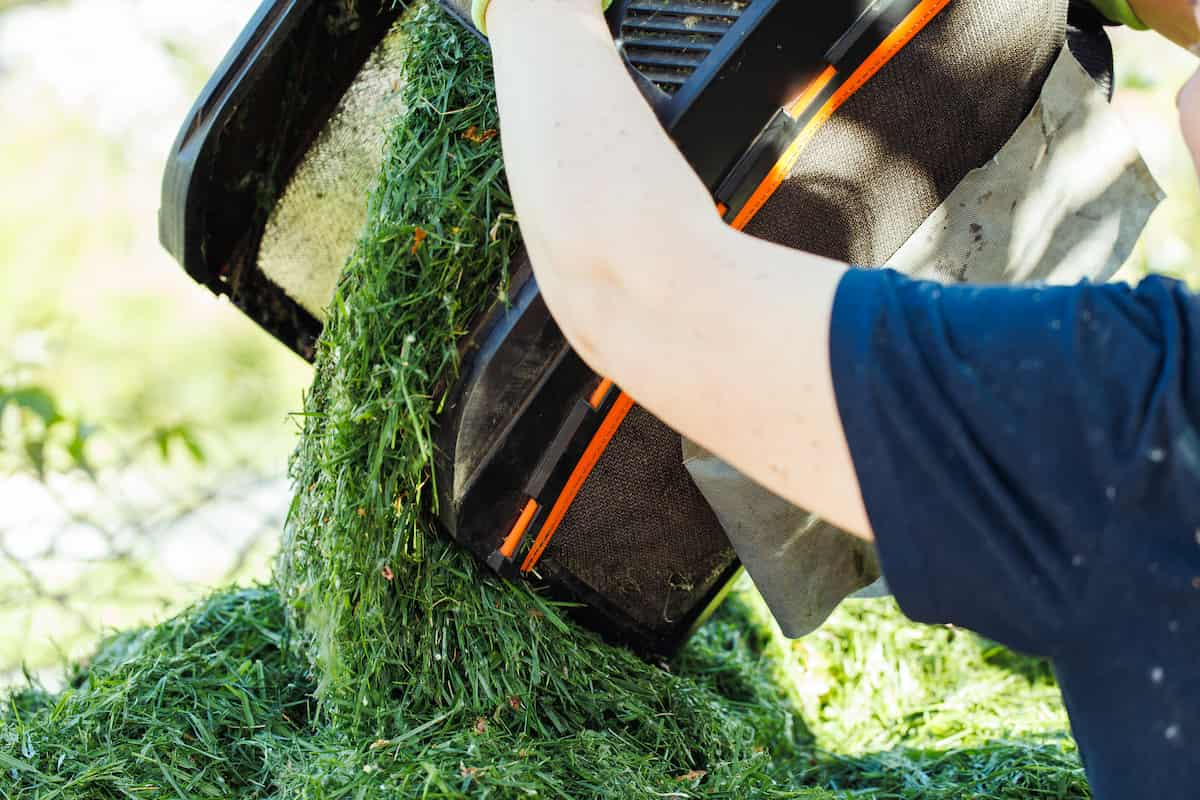
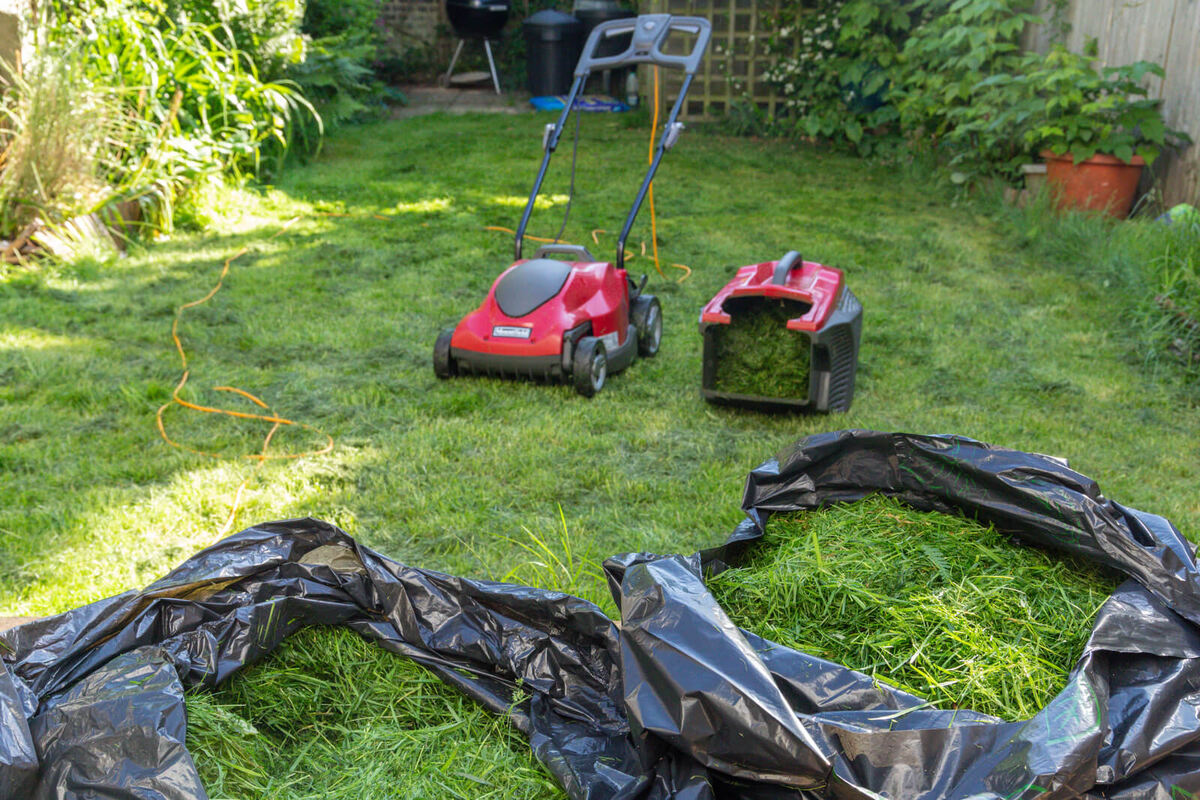
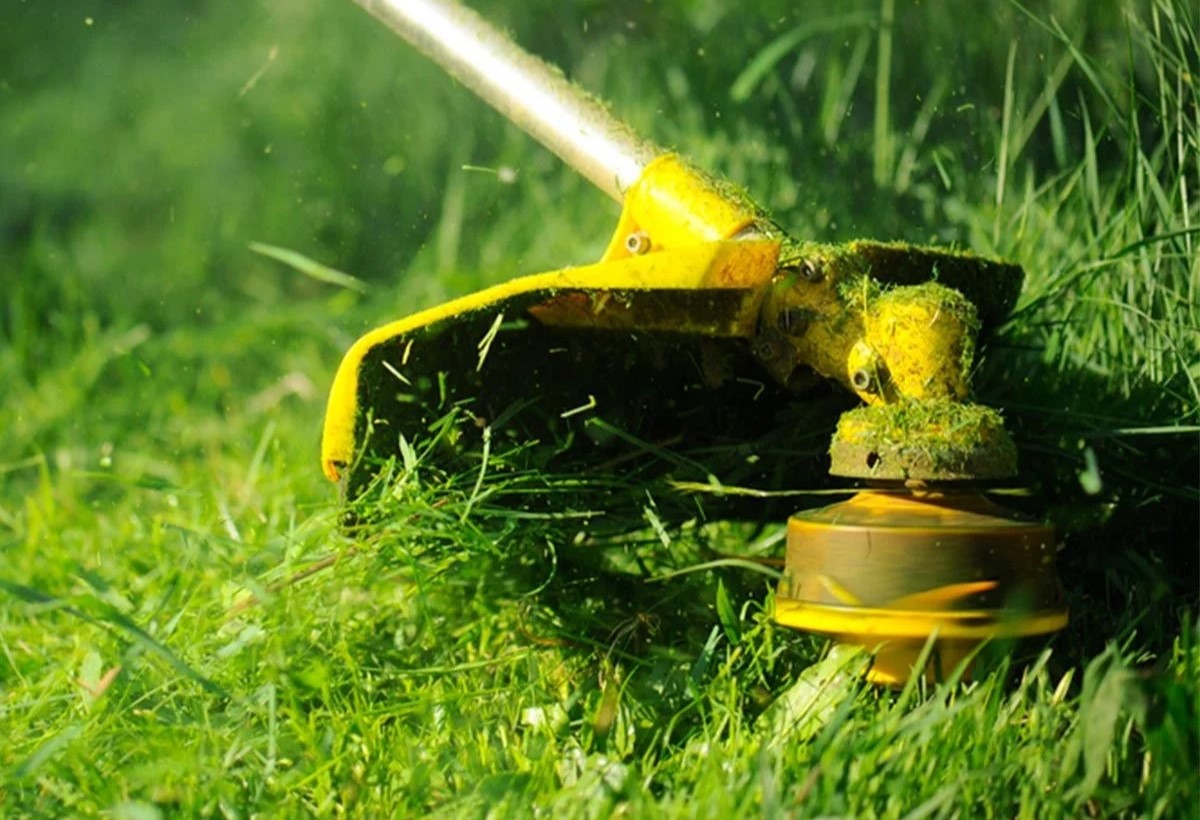
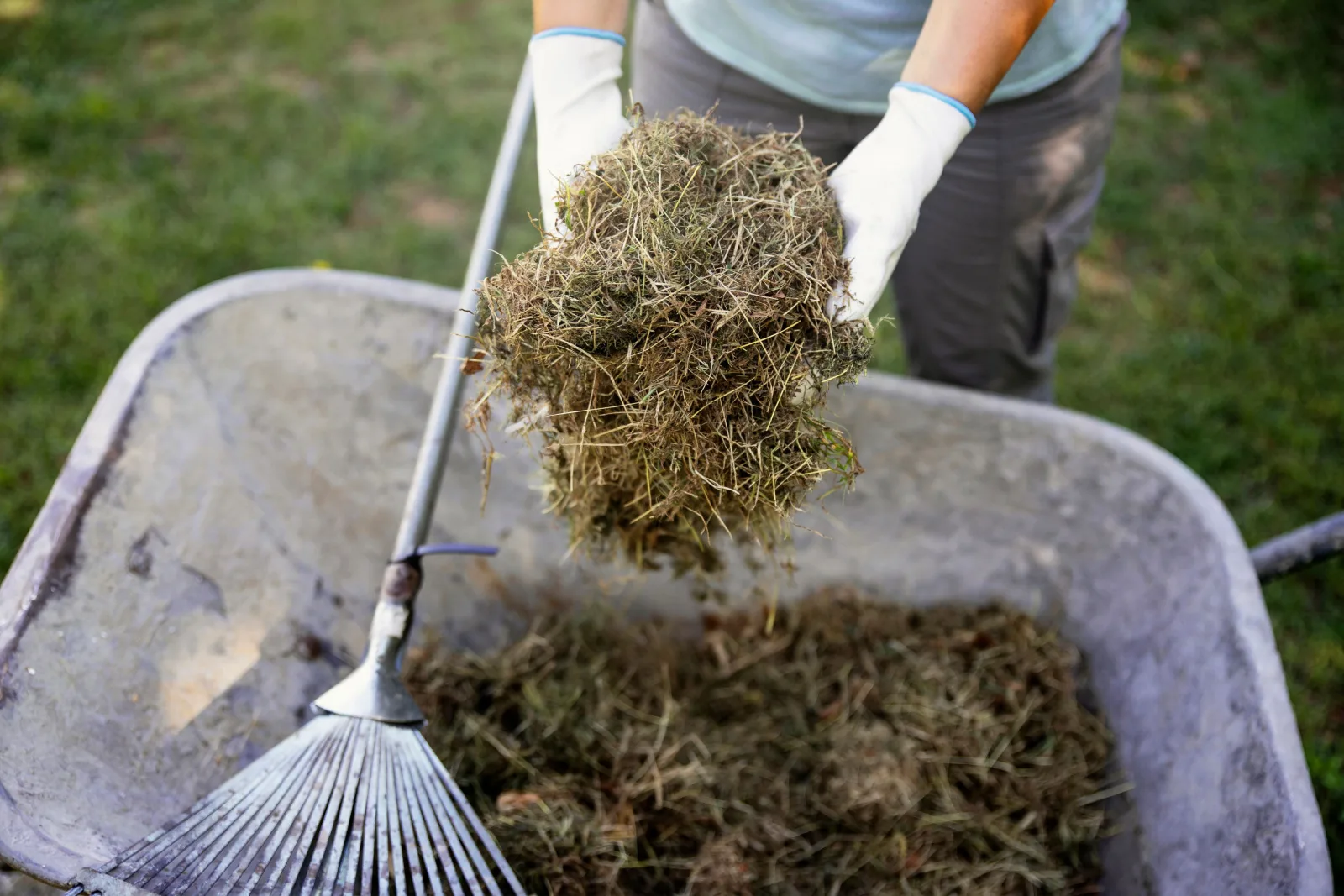
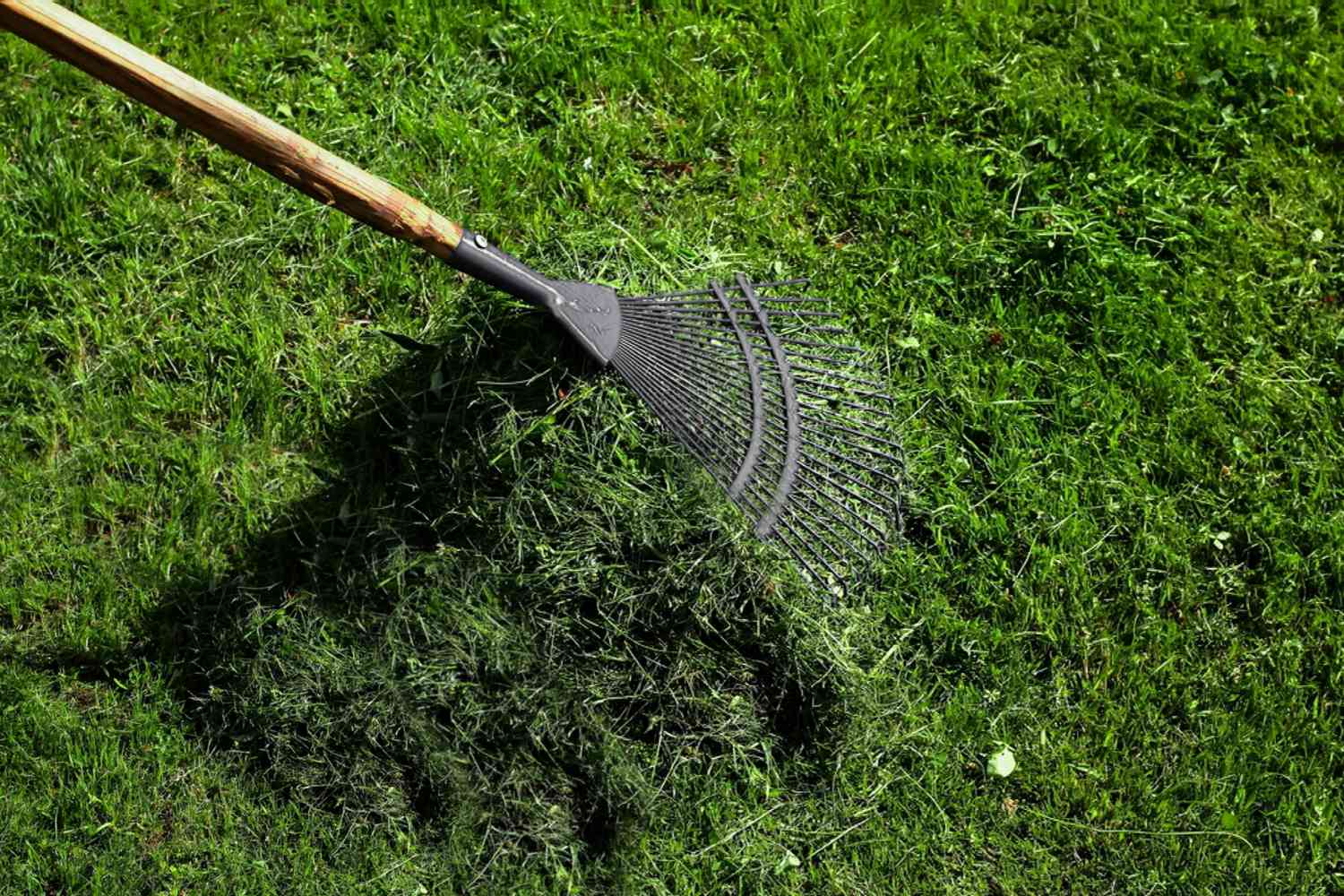
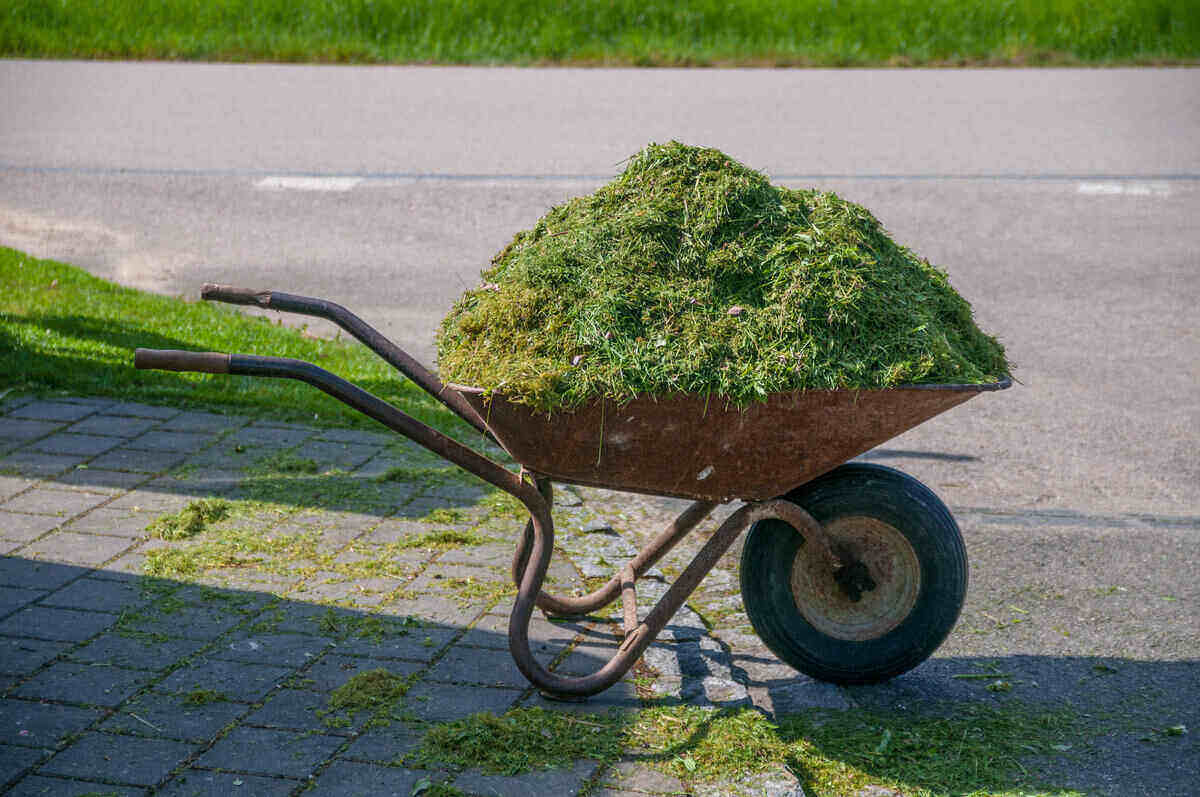
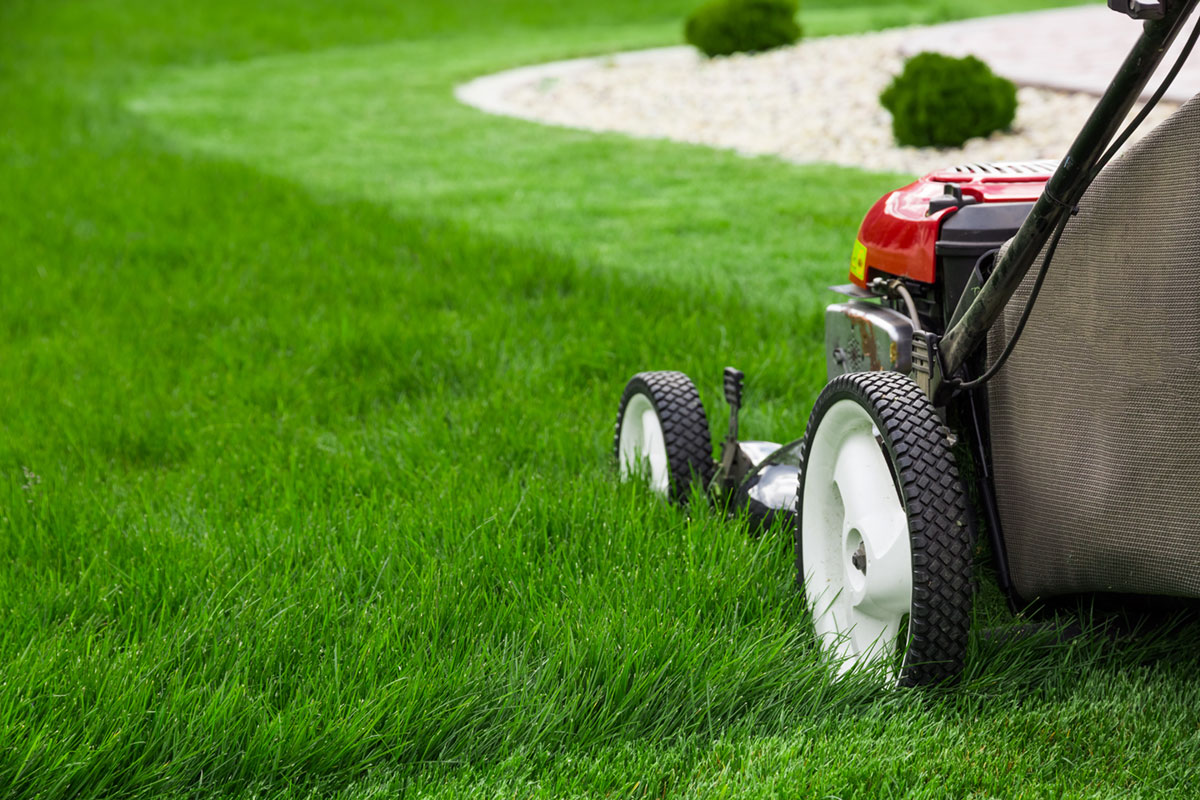
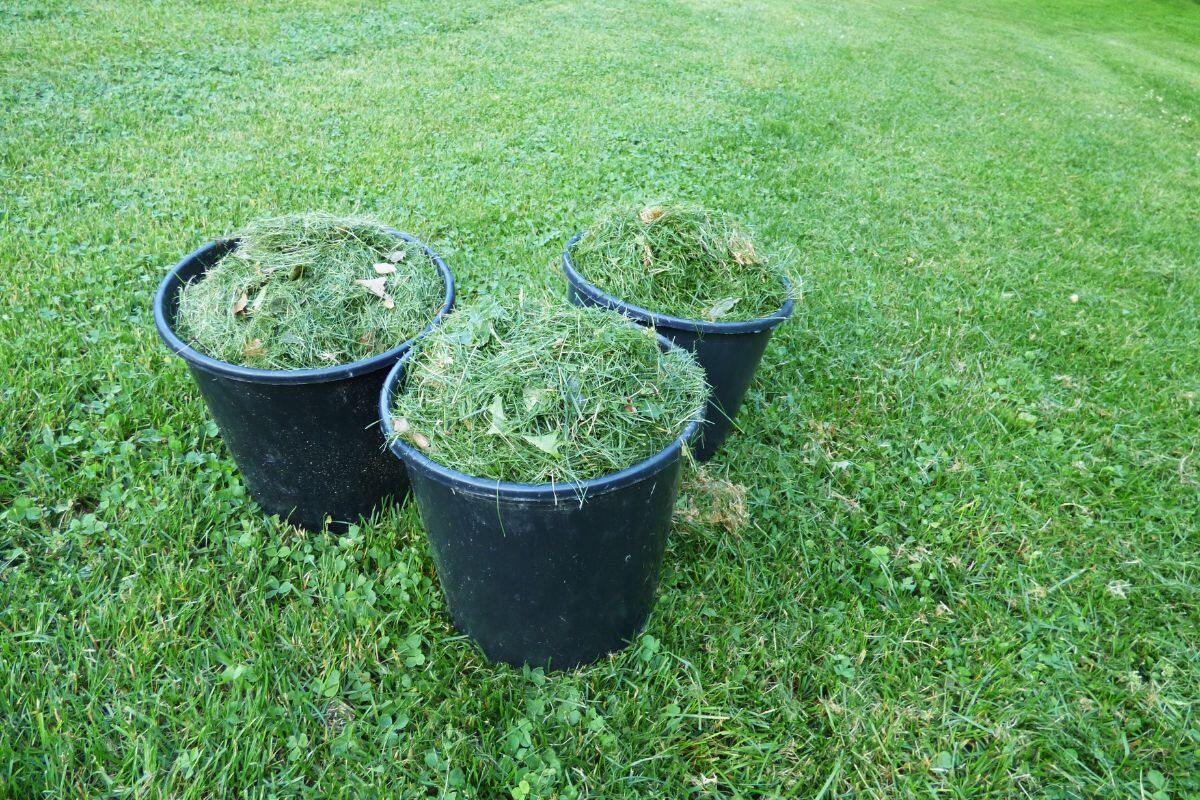
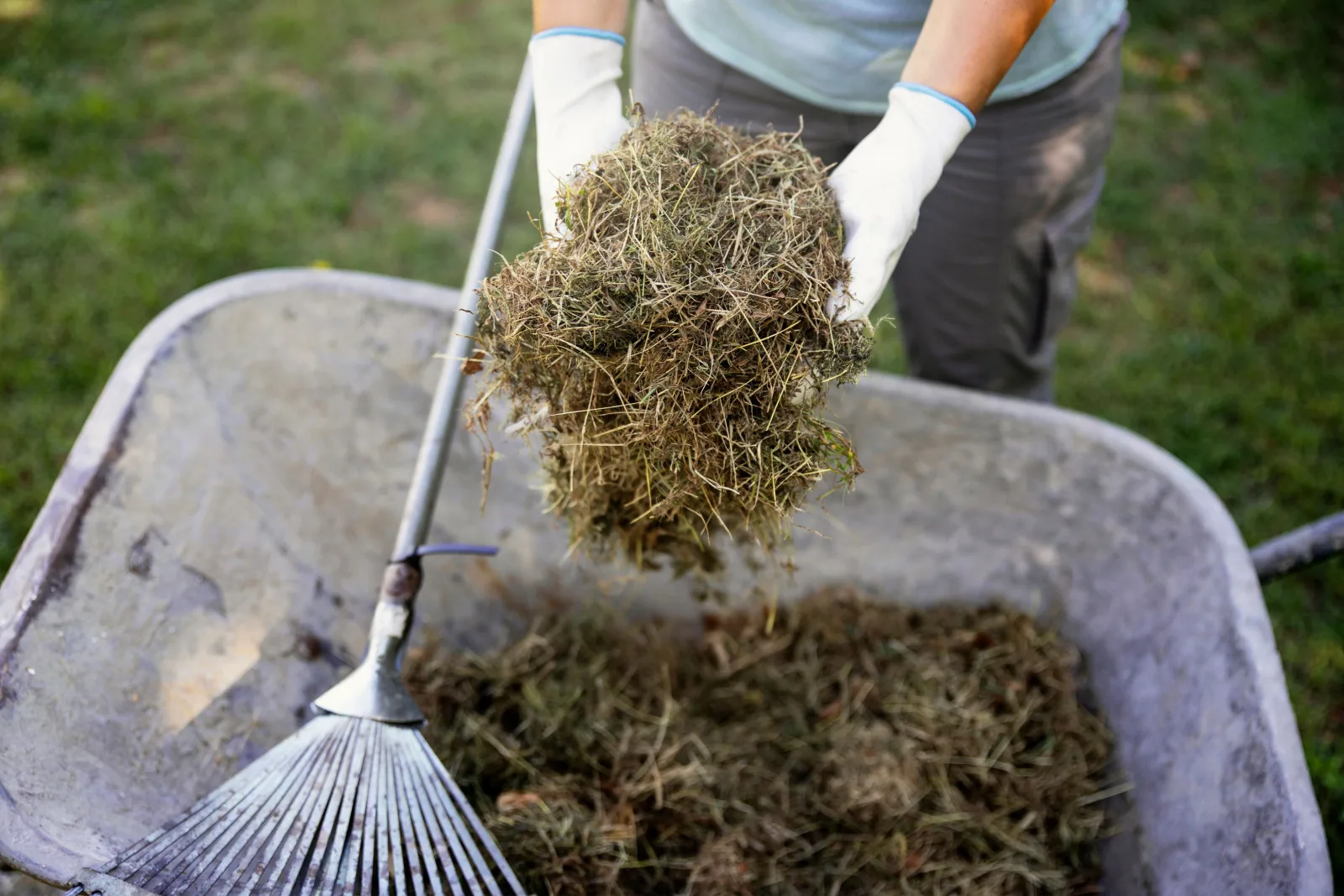
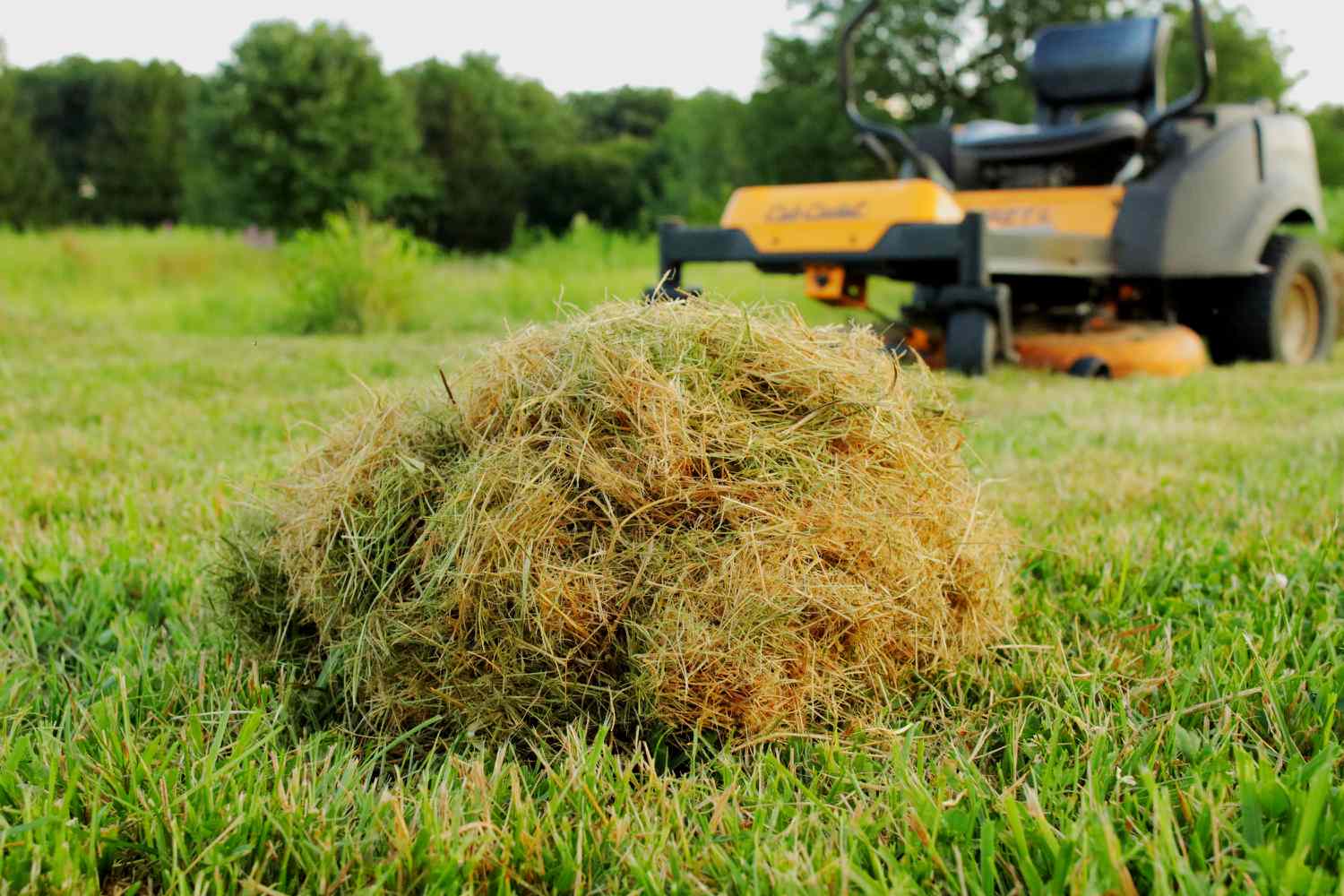
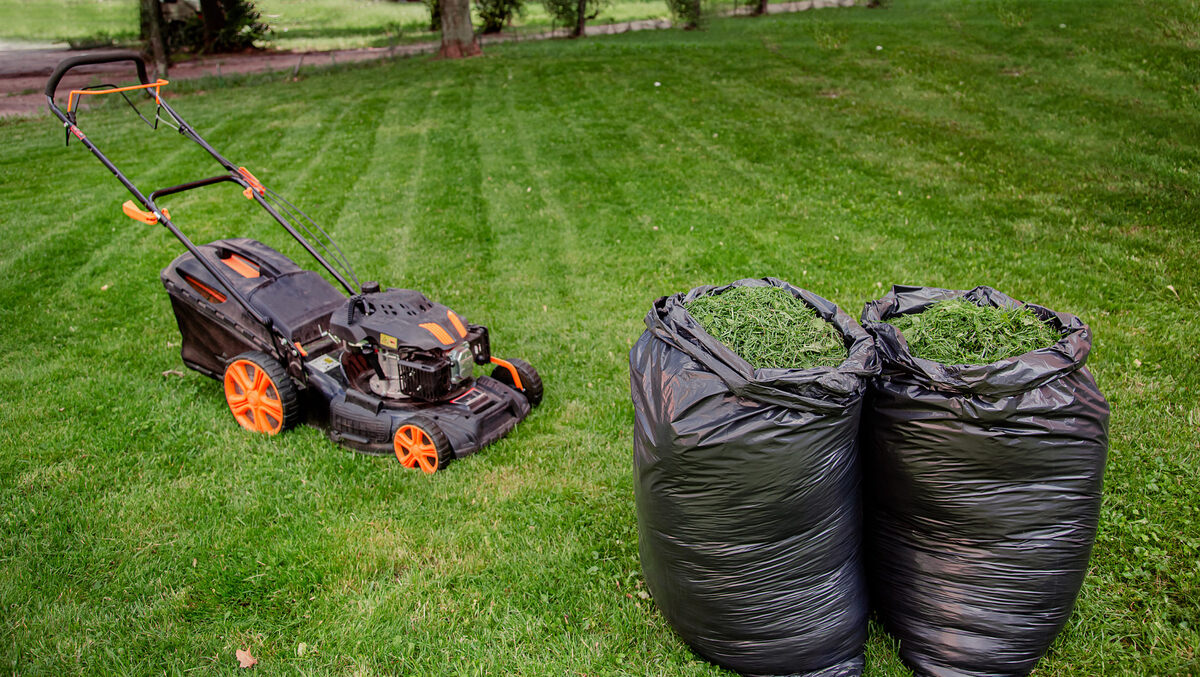
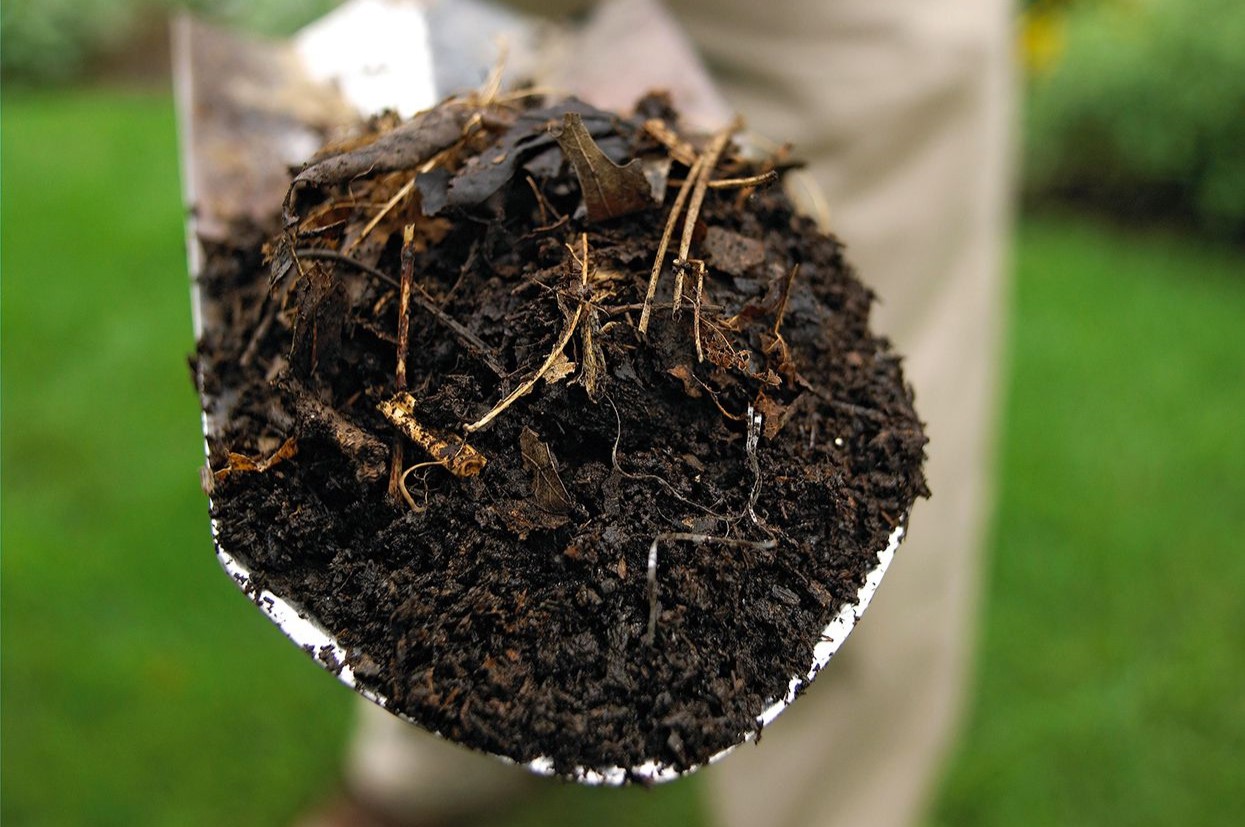
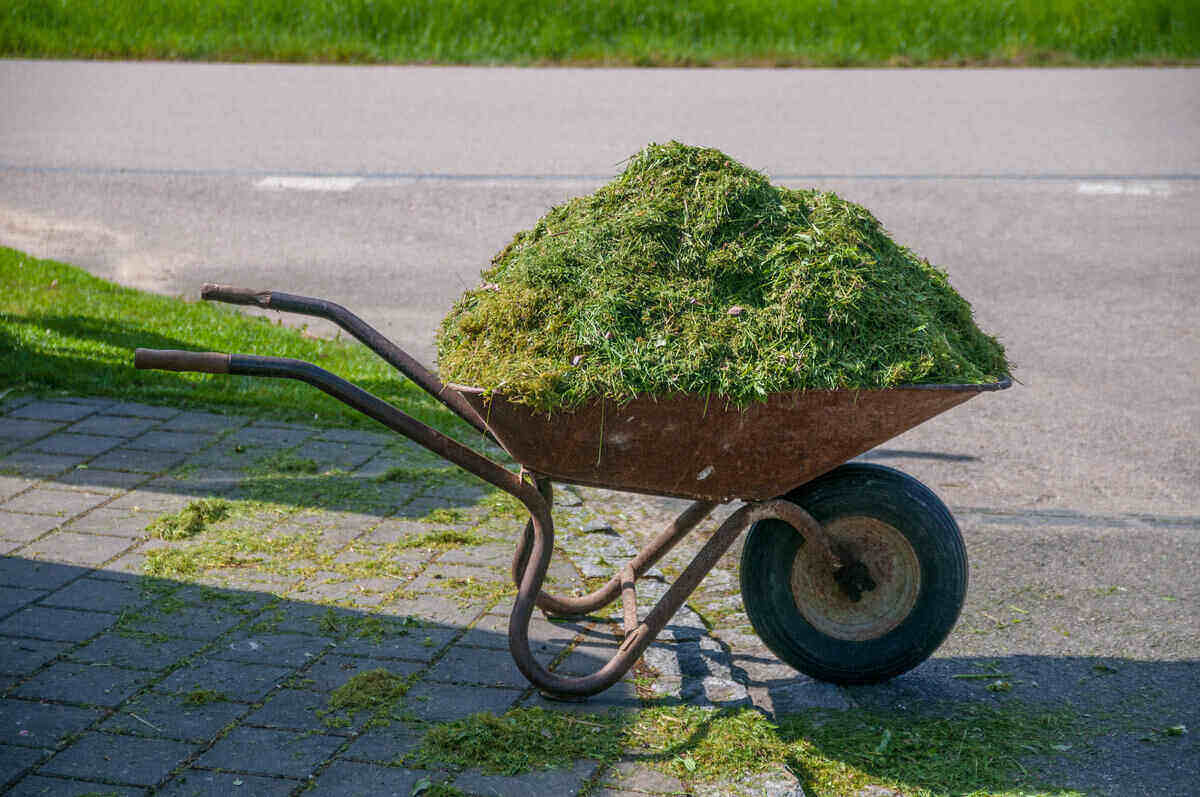
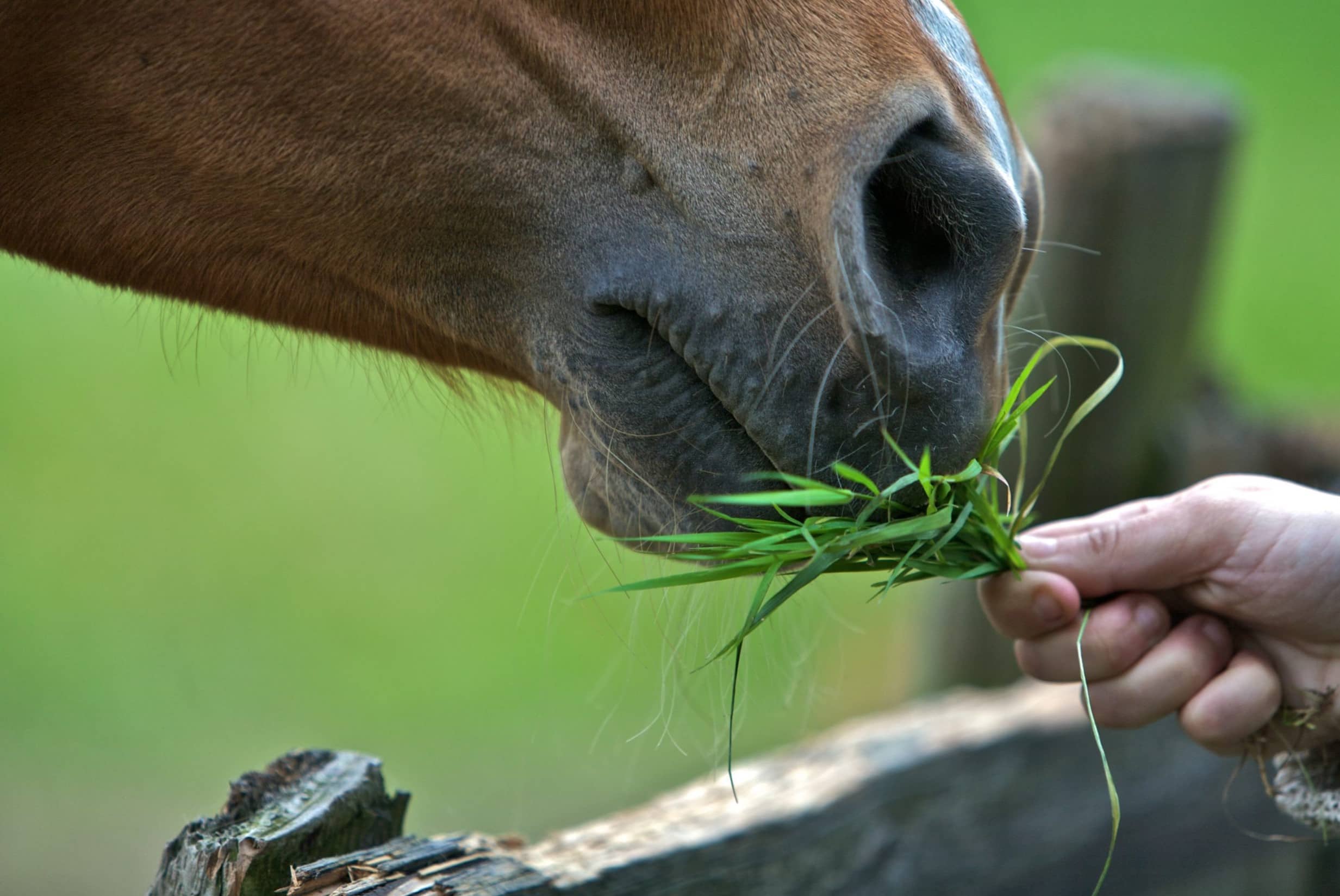

0 thoughts on “How Long For Grass Clippings To Compost”